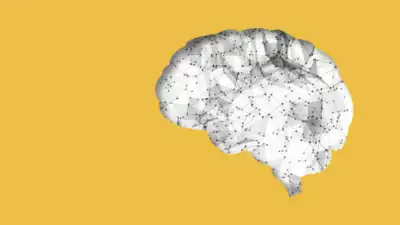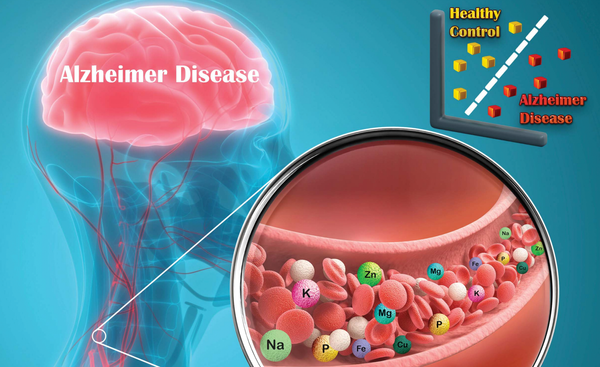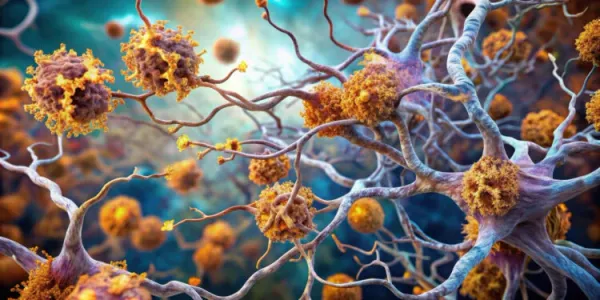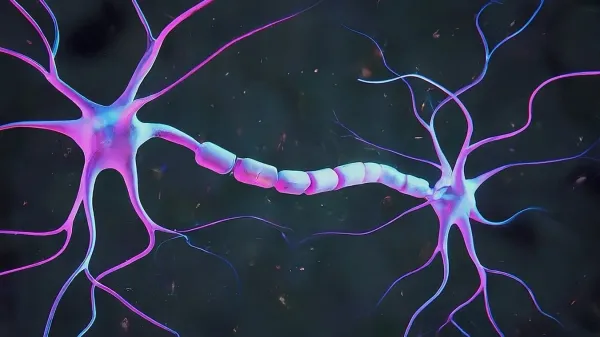
PREVENTION
Primary Care Gets First-Ever Alzheimer's Diagnosis Framework
New clinical practice guidelines provide 19 recommendations for diagnosing Alzheimer's disease in primary care settings, marking the first major update in 20 years.

PREVENTION
New clinical practice guidelines provide 19 recommendations for diagnosing Alzheimer's disease in primary care settings, marking the first major update in 20 years.

DISCOVERY
New research from Arizona State University reveals how a widespread gut virus might contribute to Alzheimer's disease development, offering potential treatment pathways through antiviral medications.

DISCOVERY
CUNY researchers discover how stressed brain immune cells contribute to Alzheimer's disease progression, opening potential new treatment pathways through stress response blocking.

DISCOVERY
A clinical trial will test if high-dose vitamin B1 (thiamine) can slow Alzheimer's progression by fixing how brain cells process energy.

DISCOVERY
New research reveals how analyzing ratios of elements like sodium, iron, and zinc in blood plasma could lead to simpler Alzheimer's disease detection, achieving 81% accuracy through mass spectrometry analysis.

PERSONAL
Learn practical strategies from the Alzheimer's Foundation of America for creating comfortable, inclusive holiday celebrations for family members with dementia. These expert tips help reduce stress for both caregivers and loved ones during the festive season.

PREVENTION
Learn the four early warning signs of Alzheimer's disease that can appear decades before diagnosis, plus key lifestyle factors that affect your brain health, according to leading brain health experts.

PREVENTION
New research analyzing data from over 30,000 Canadians reveals that up to 50% of dementia cases could be prevented by addressing 12 modifiable risk factors, with physical inactivity and hearing loss emerging as leading contributors.

DISCOVERY
Veravas revolutionizes Alzheimer's diagnostics with VeraBIND technology, offering clear yes/no results instead of traditional gray-area testing. Their blood-based method measures active tau pathology, potentially eliminating the need for costly PET scans and lumbar punctures.

DISCOVERY
A groundbreaking study by University of Cincinnati researchers challenges the traditional amyloid cascade hypothesis in Alzheimer's disease, suggesting that restoring Aβ42 protein levels, rather than removing plaques, may be more effective for treatment.

TREATMENT
Neurologist Dr. David Gibbs shares his personal battle with Alzheimer's and reveals the lifestyle modifications that helped slow his disease progression over nine years.

TREATMENT
Buck Institute scientists reveal ketone bodies and related metabolites work in concert to clear harmful brain proteins, offering fresh insights into treating Alzheimer's disease and cognitive aging.